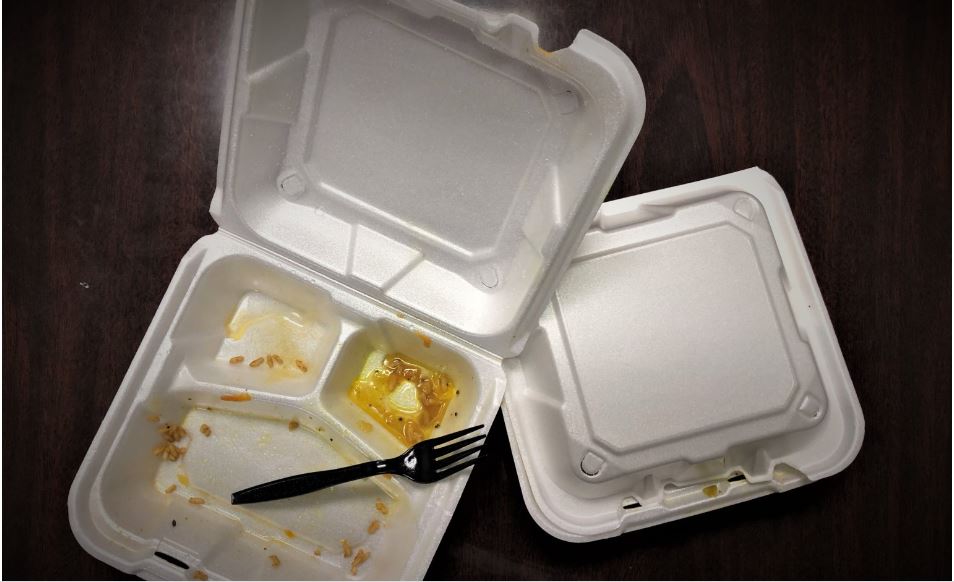
Commending the Action on Single-Use Plastics
The Federal Government has made significant progress in tackling plastic pollution by recently approving a ban on single-use plastics, also known as on-the-go plastics, across all federal ministries, agencies, and departments. This initiative is commendable.
Iziaq Salako, the Minister of State for Environment, explained that this decision aligns with the 2022 National Policy on Plastic Waste Management. It underscores the government’s commitment to addressing climate change, pollution, and biodiversity loss.
Salako emphasized that reducing plastic waste is crucial, as it contributes significantly to flooding, ocean pollution, and health issues.
In Nigeria, single-use plastics and Styrofoam are commonly used for food packaging, insulation, and other purposes. While these materials are cost-effective and durable, they pose serious environmental hazards due to their non-biodegradable nature.
With over 600 MDAs employing millions, primarily based in the Federal Capital Territory, monitoring compliance with the ban should be feasible.
Although Styrofoam and non-biodegradable plastics offer benefits like thermal insulation and energy savings, their environmental impact is severe. They can take up to 500 years to decompose, releasing greenhouse gases, contaminating soil and groundwater, and harming wildlife and marine life. Microplastics from these materials can enter the food chain, posing risks to human health.
A recent University of Miami study found microplastics in male reproductive organs for the first time in 2024, highlighting the pervasive nature of plastic pollution. Over 80% of marine litter is plastic. The improper disposal of single-use plastics into canals has also exacerbated flooding in some areas.
Therefore, the ban is a well-conceived step toward a healthier future, promoting innovation and sustainable alternatives. The European Union took similar action in 2021, banning single-use plastic plates, cutlery, straws, and other items. This presents an opportunity for Nigeria to explore local, natural, and sustainable alternatives such as paper, leaves, cans, bioplastics, and glass bottles.
For the ban to be effective and the environment to be sustainable, it is crucial for local, state, and federal governments to engage citizens in this effort.
In January, Lagos State led the way by banning Styrofoam and other single-use plastics, though some citizens continue to use them. Recently, Lagos State authorities seized a large consignment of plastics at Ojuwoye Market in Mushin. Abia State soon followed Lagos, and in March, Oyo State banned the use of polystyrene for food packaging, citing environmental harm and food poisoning risks. Anambra State is also planning to implement a ban on polystyrene soon. Other Nigerian states should join this initiative to combat plastic pollution effectively.









